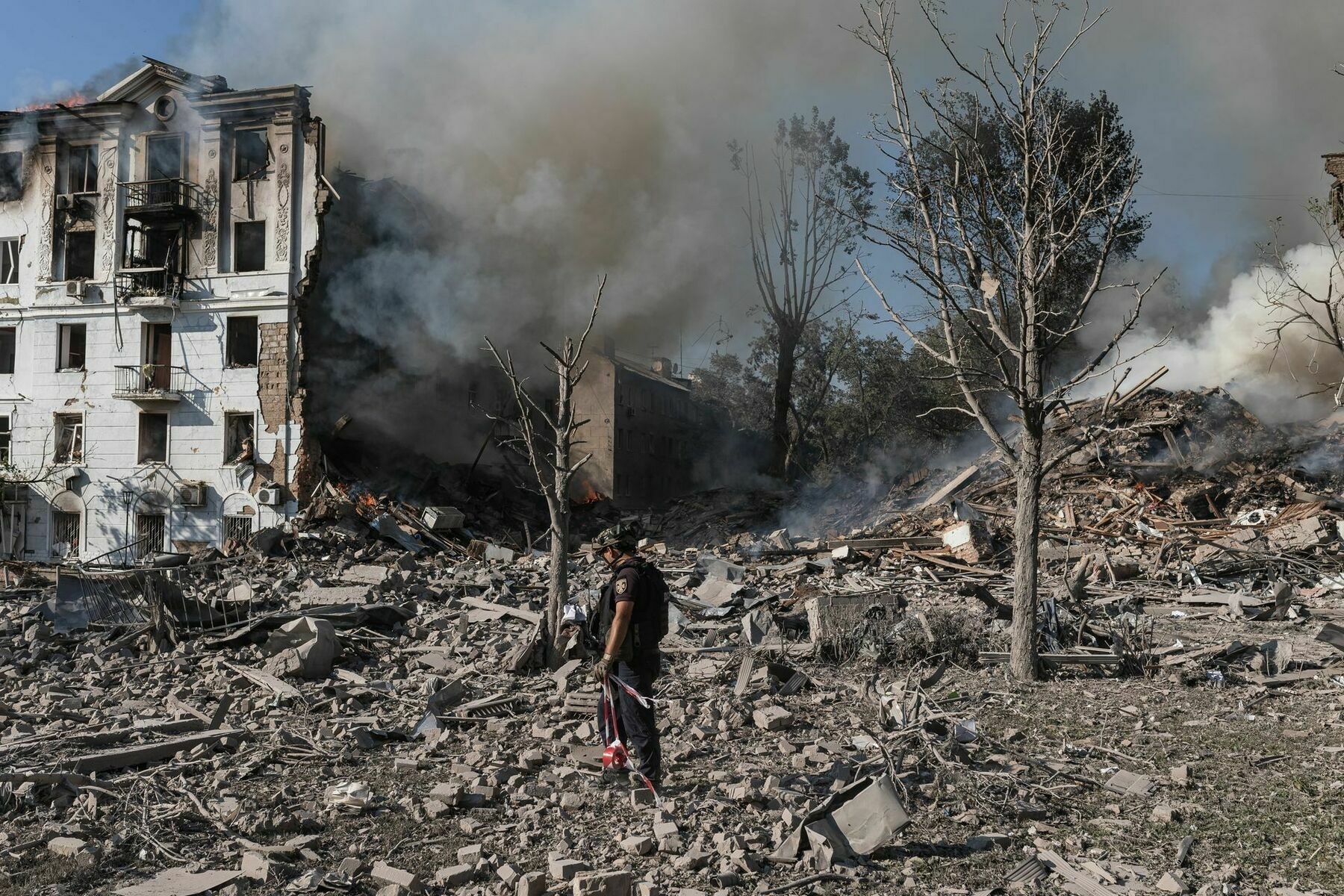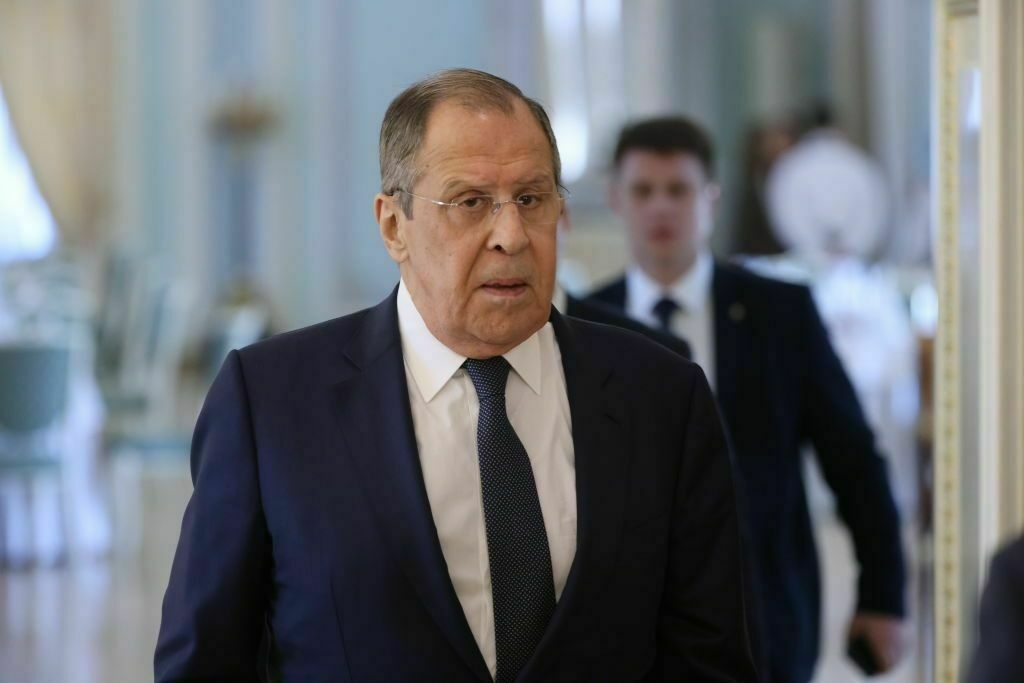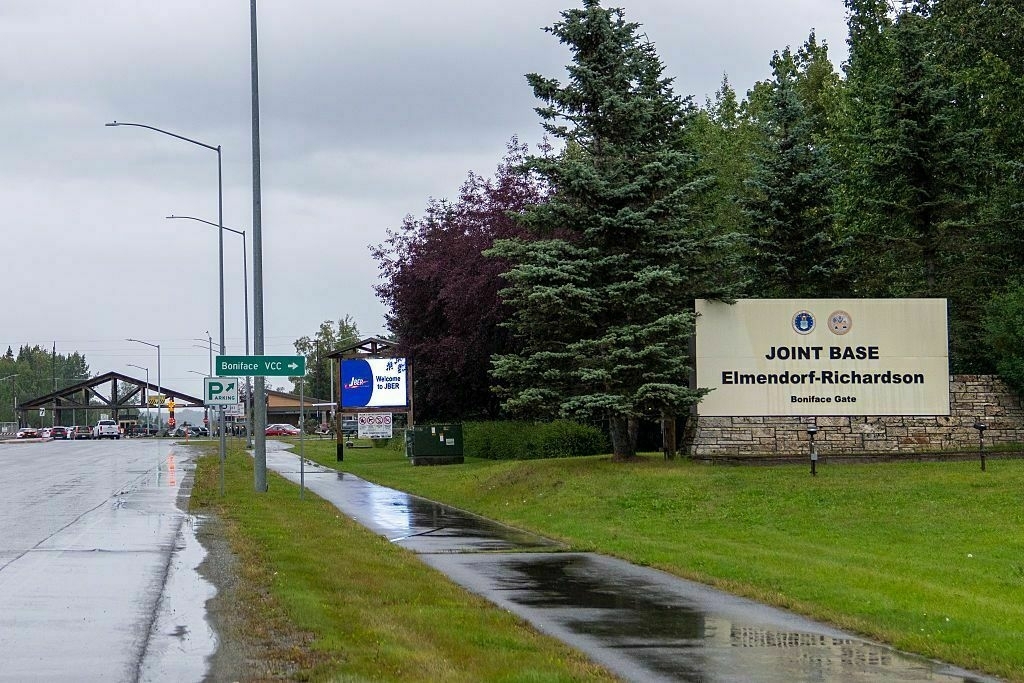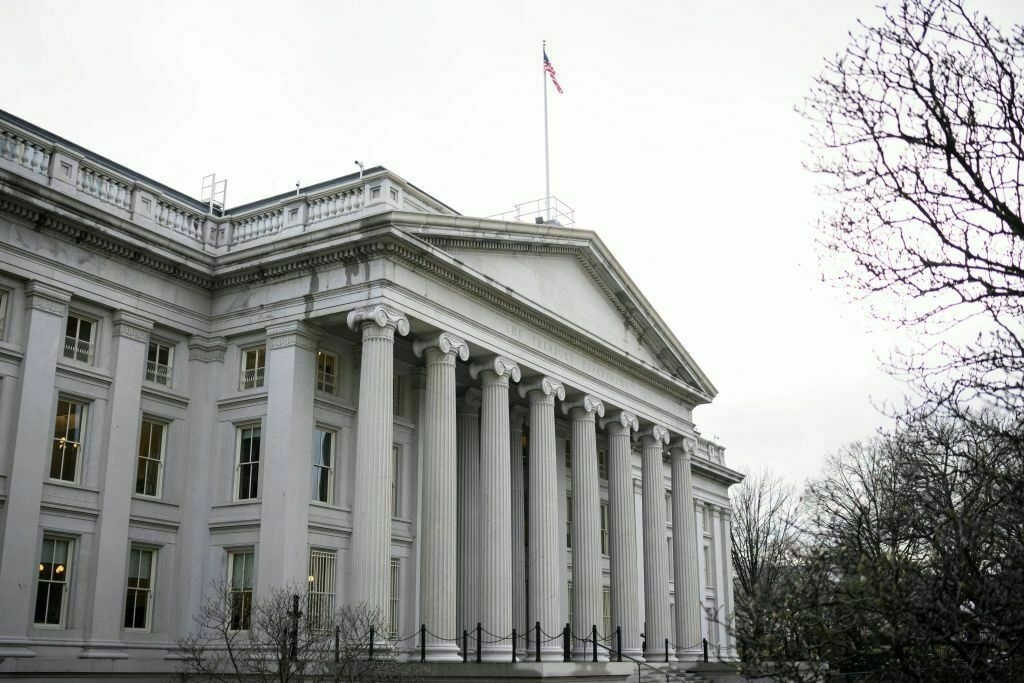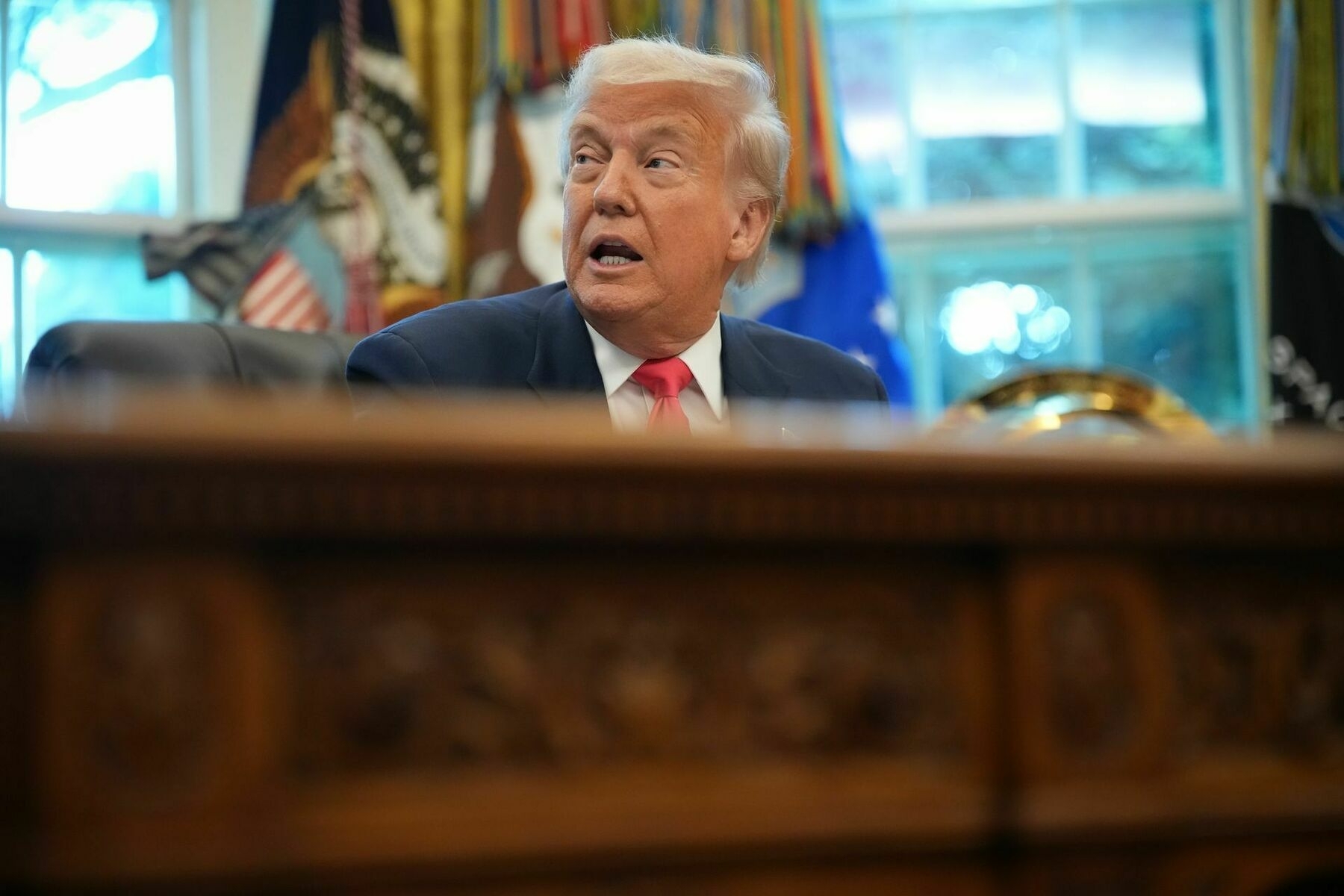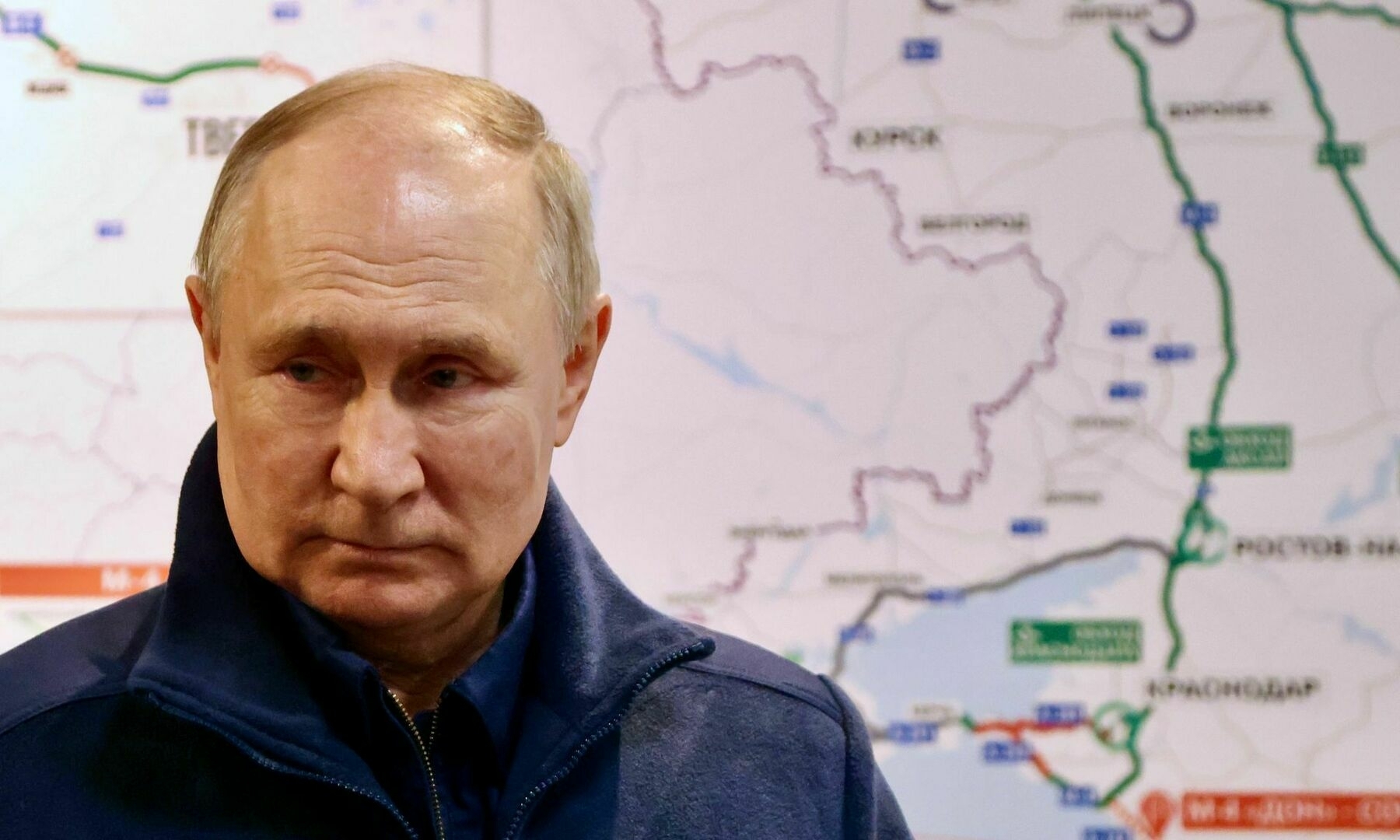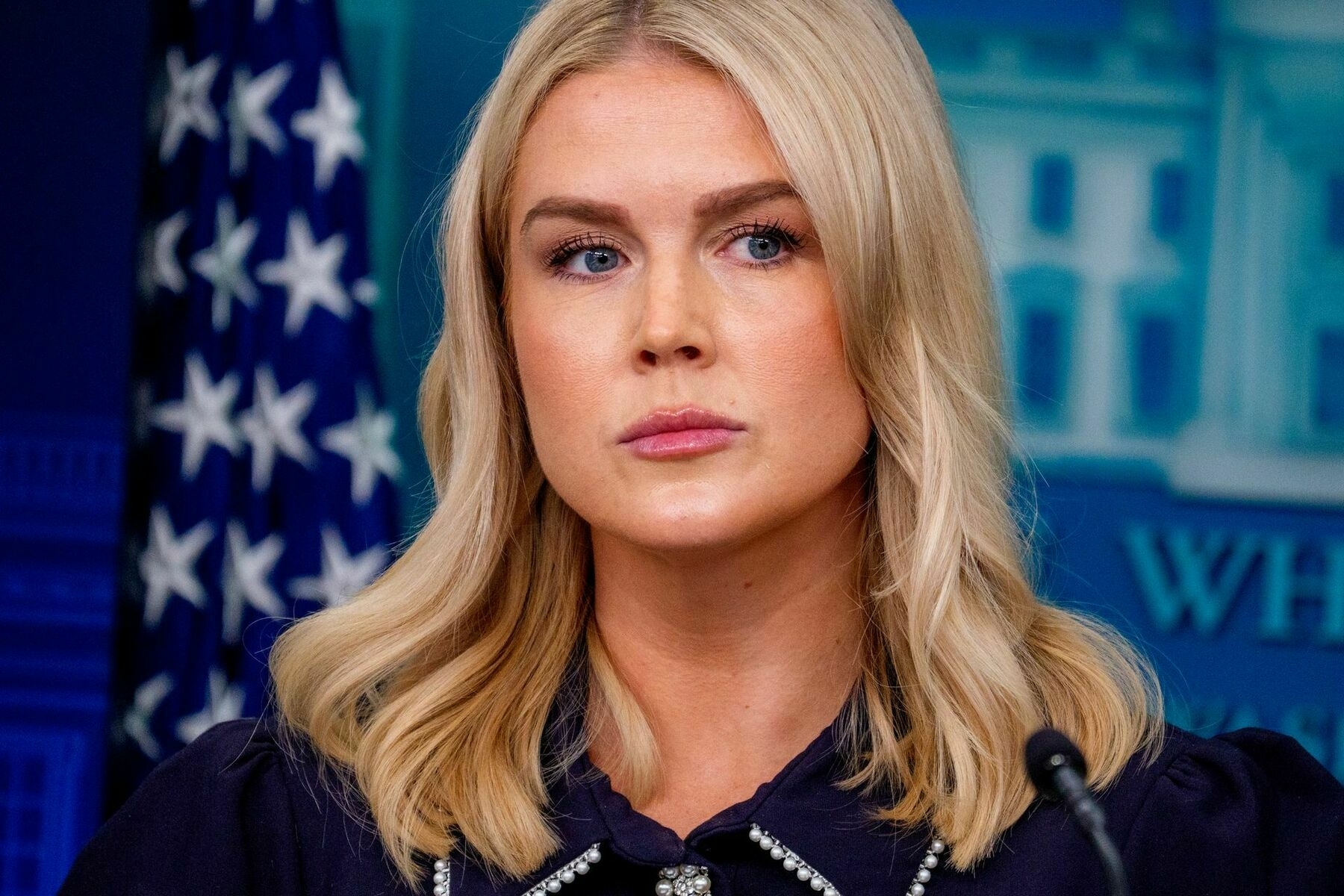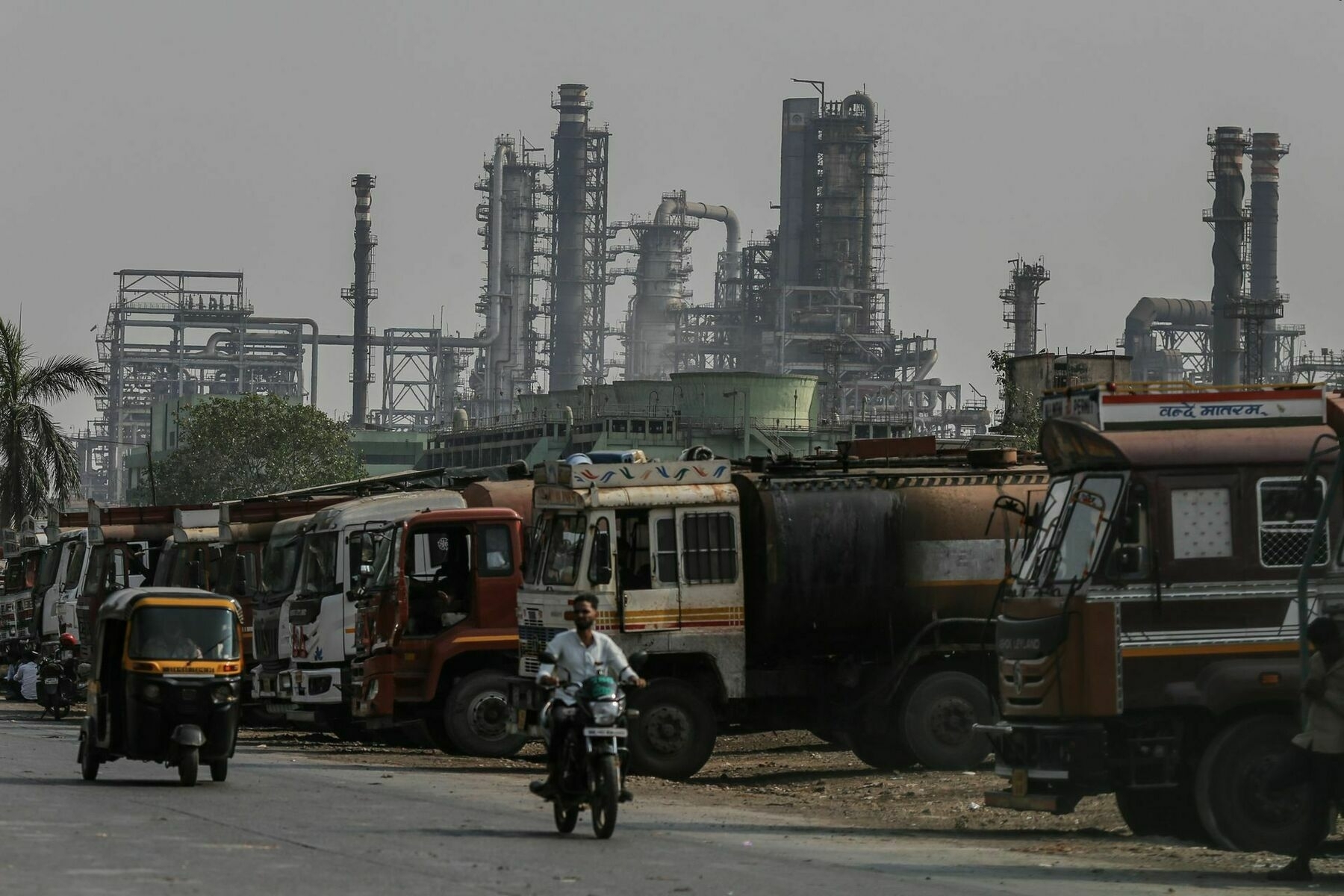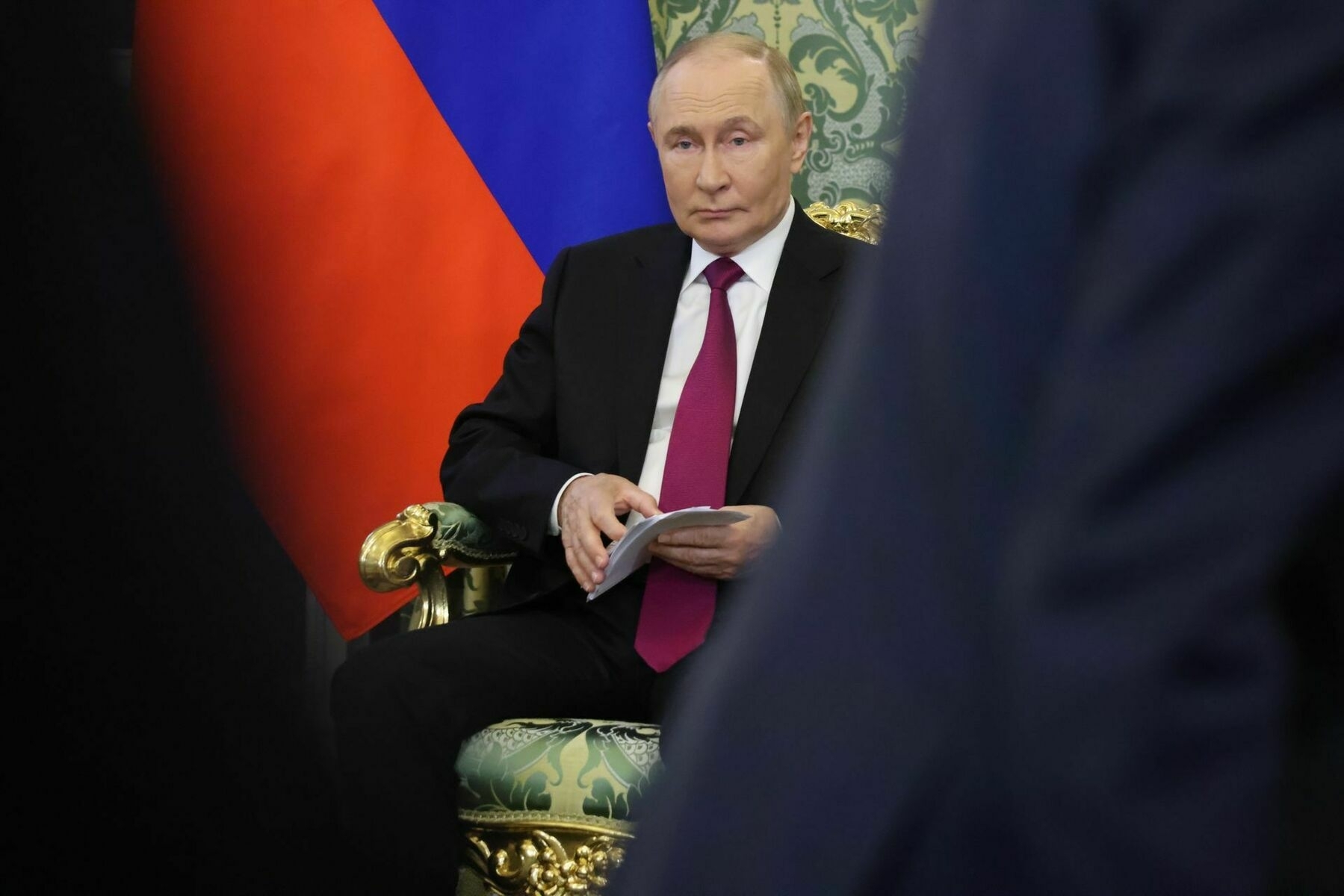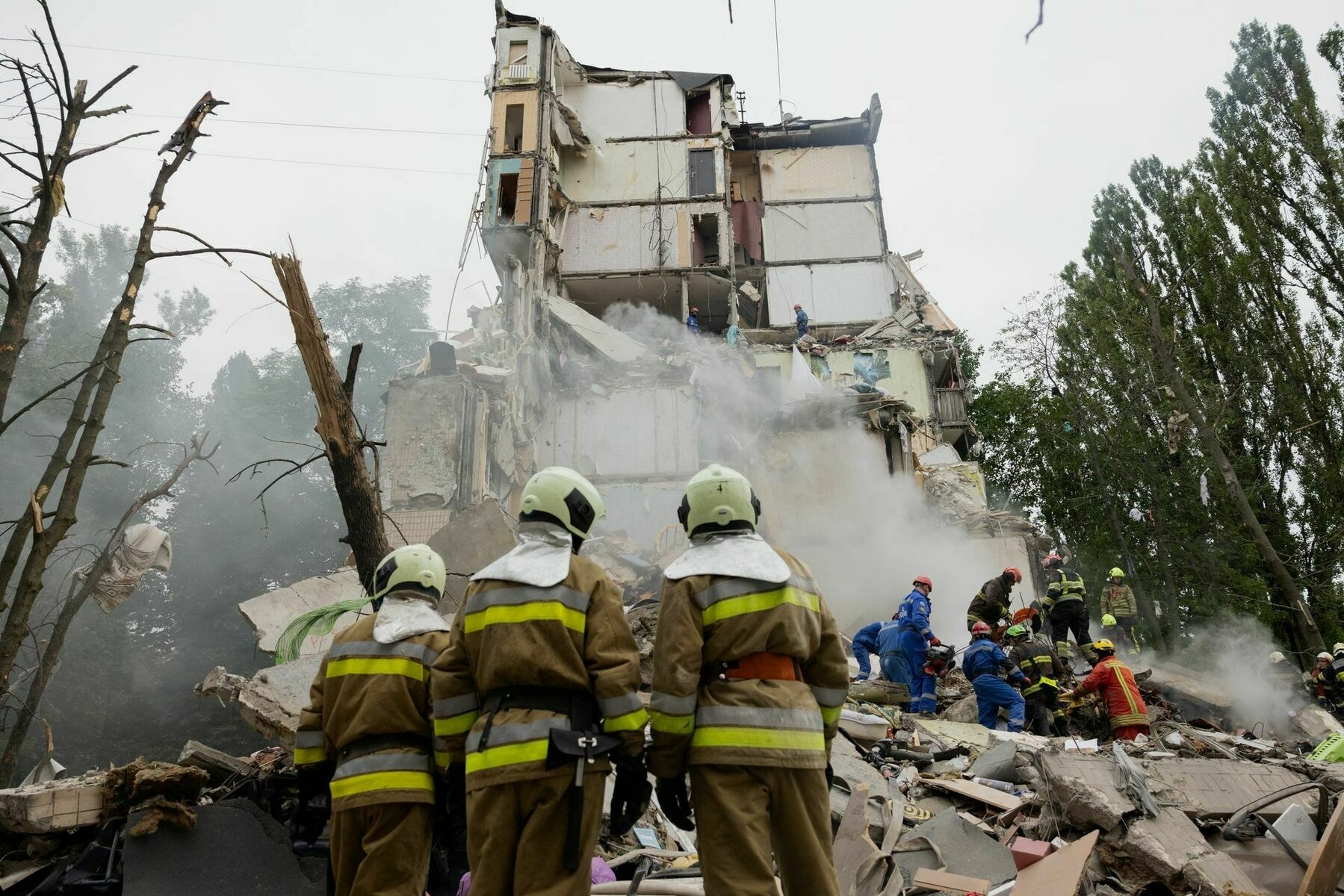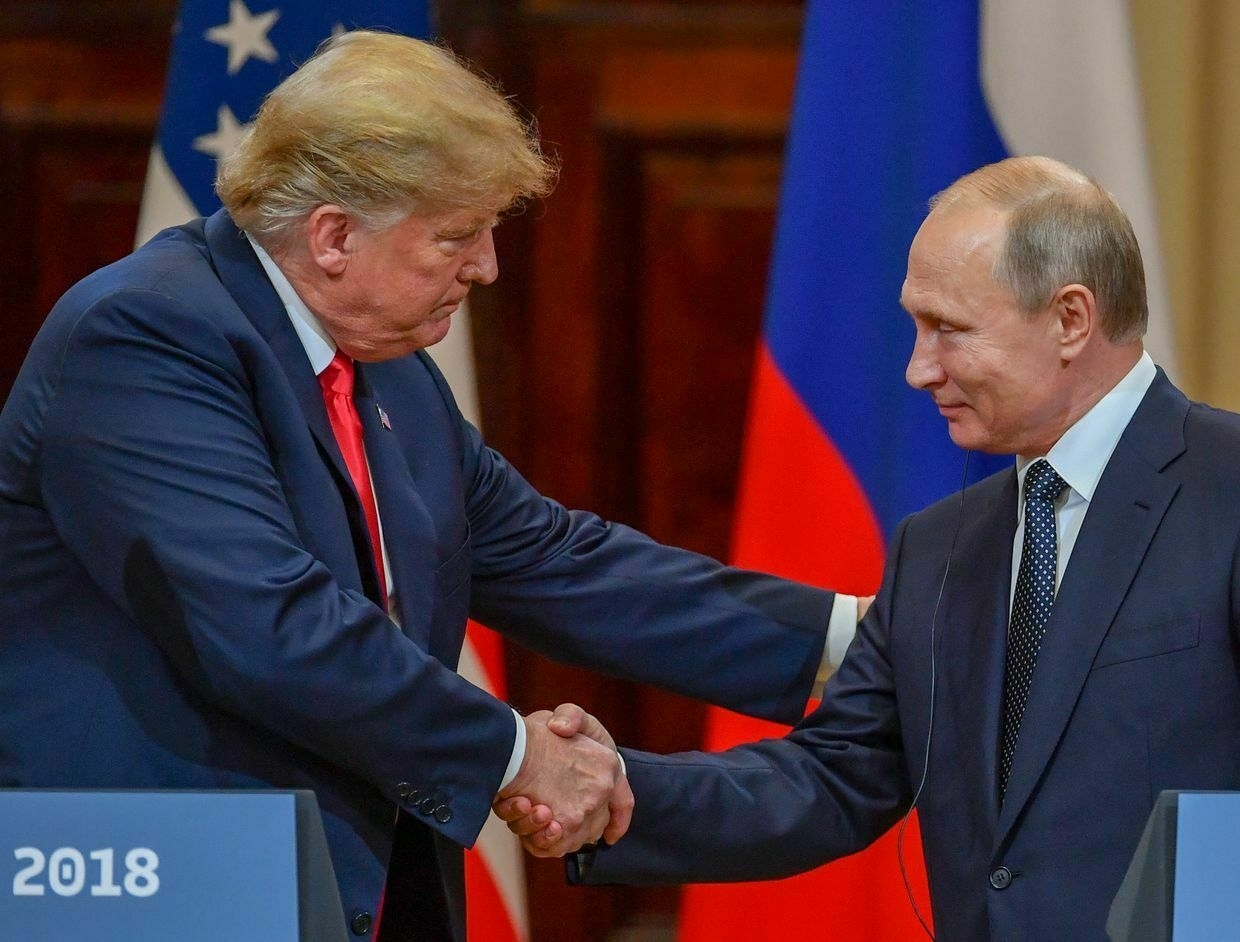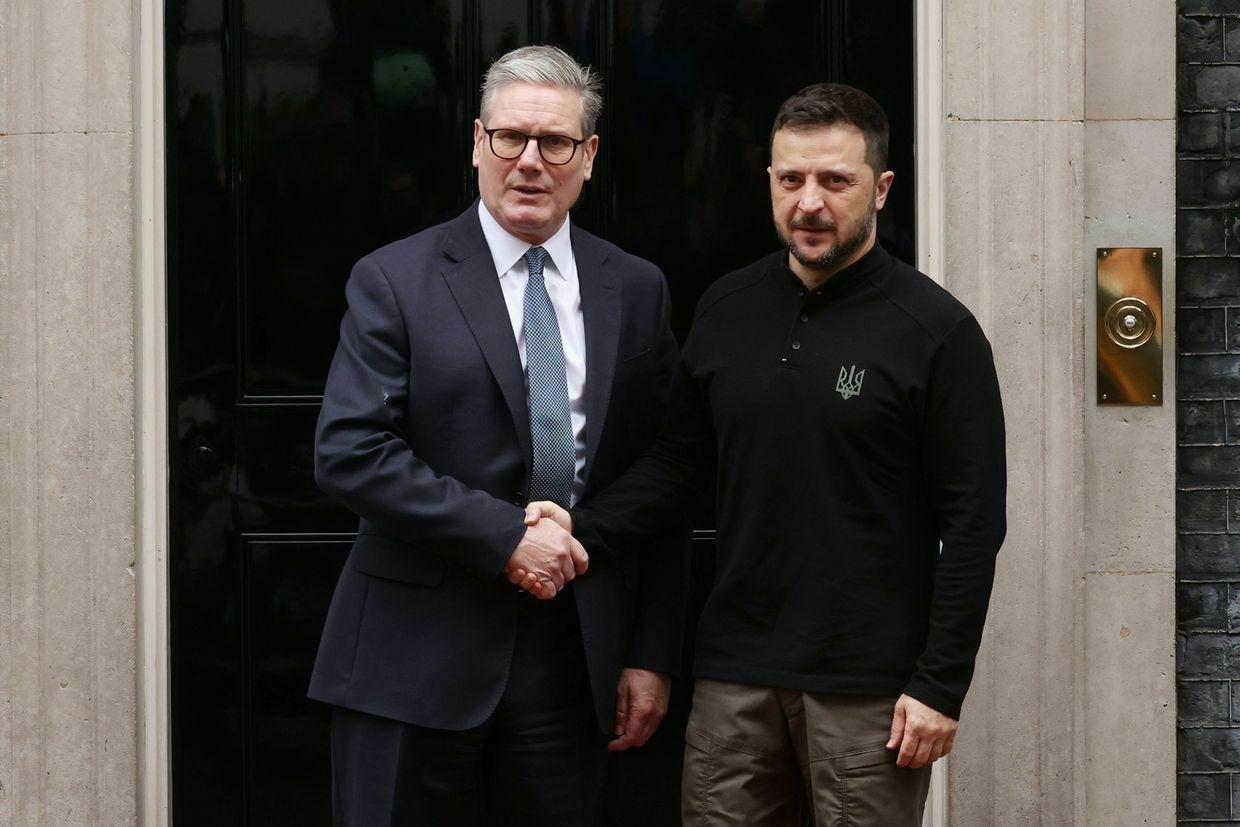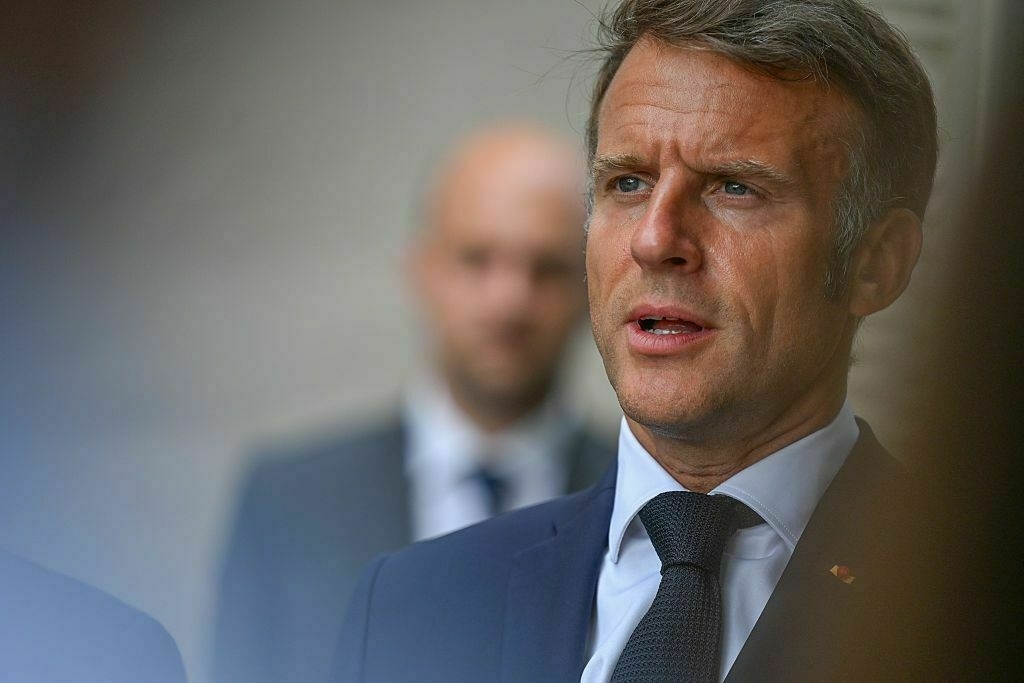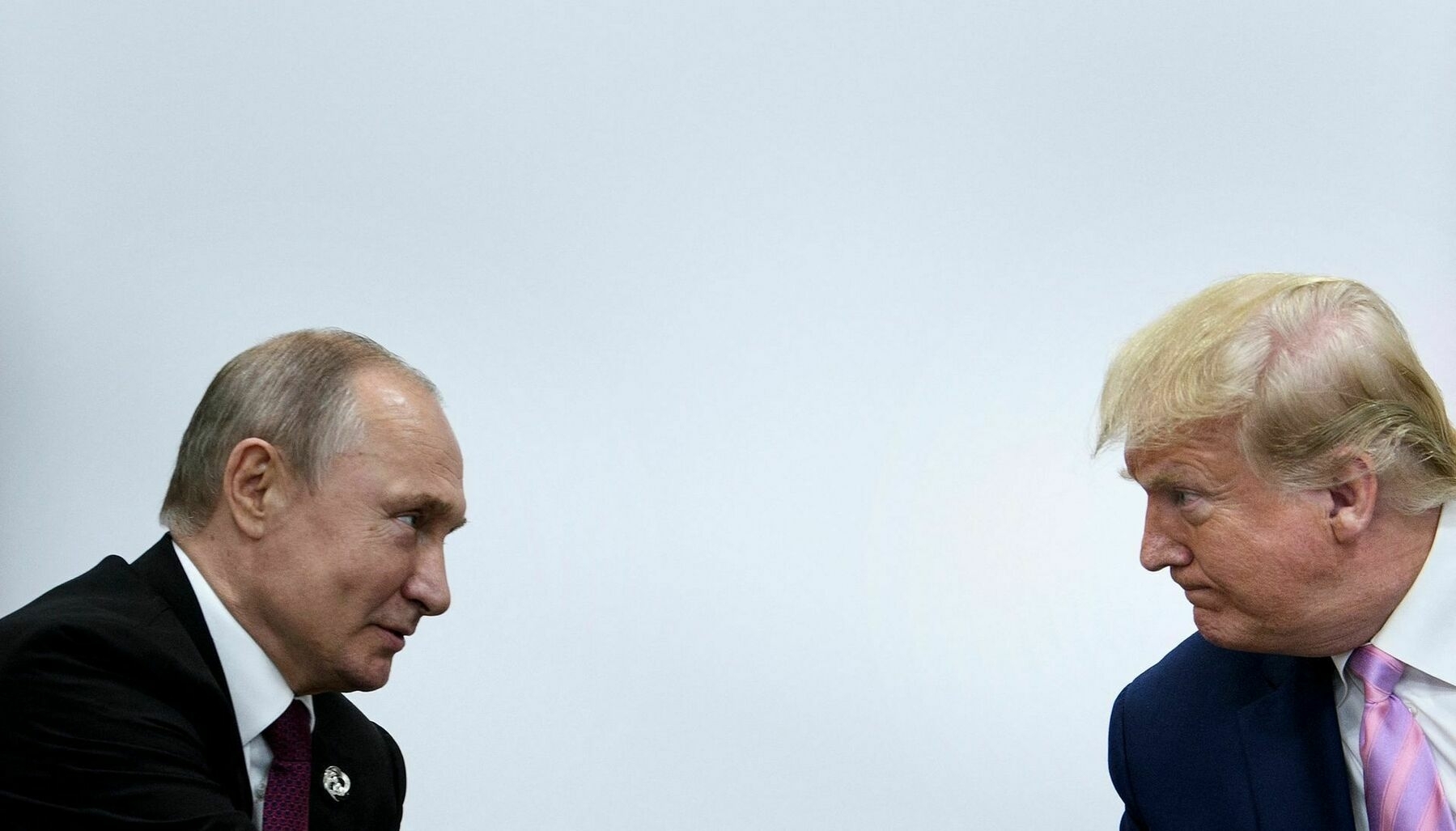-
Russia's Lavrov arrives in Alaska ahead of Trump-Putin summit, Russian media reports
-
Anchorage security ramps up before Trump-Putin talks on Ukraine’s future, Bloomberg reports
-
From 'war criminal' to US guest — Trump invites Putin out of isolation
Russian President Vladimir Putin's first trip to the United States in a decade signals a break from the diplomatic isolation that followed his 2022 full-scale invasion of Ukraine.
The visit comes as U.S. President Donald Trump pushes for a ceasefire deal — but experts warn it could
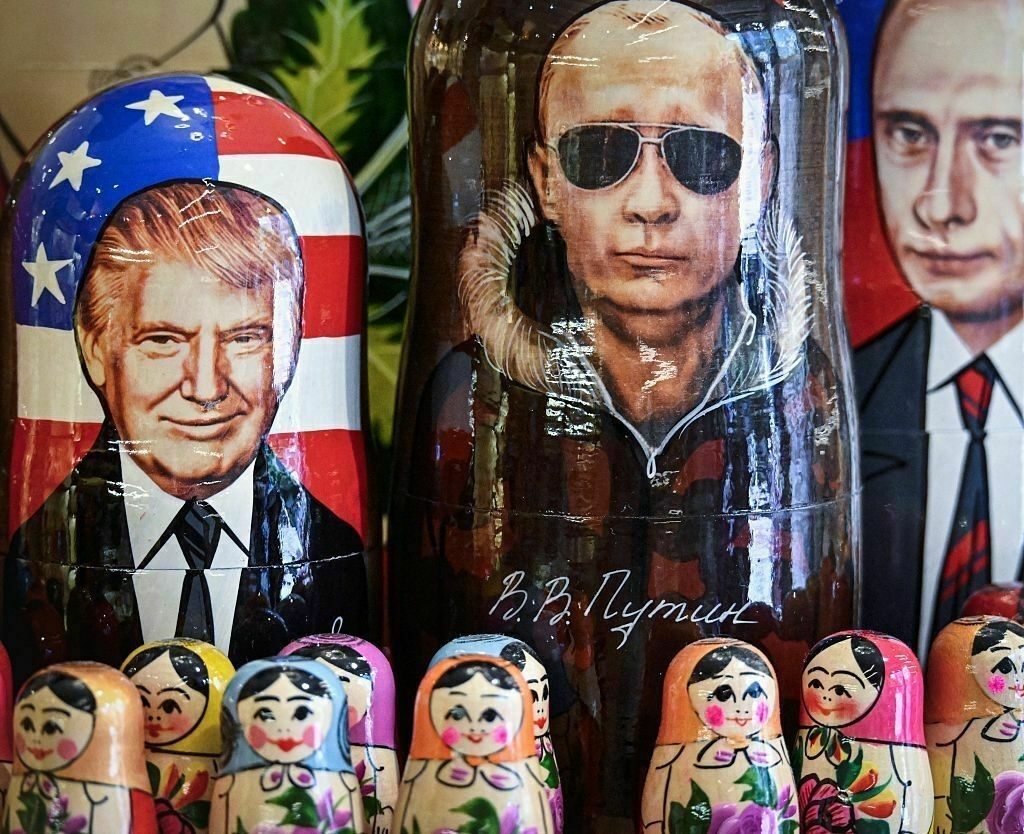
-
US sanctions Russian crypto exchange over cybercrime — day before Trump-Putin summit in Alaska
-
Ukraine war latest: Trump says Putin ready to make a peace deal with Ukraine
Key developments on Aug. 14:
- Trump says Putin ready to make a peace deal with Ukraine
- July saw highest civilian casualties in Ukraine since 2022, UN says ahead of Trump-Putin summit
- Russia may be preparing to test nuclear-powered missile ahead of Trump talks, Reuters reports
- 84 Ukrainians return from Russian
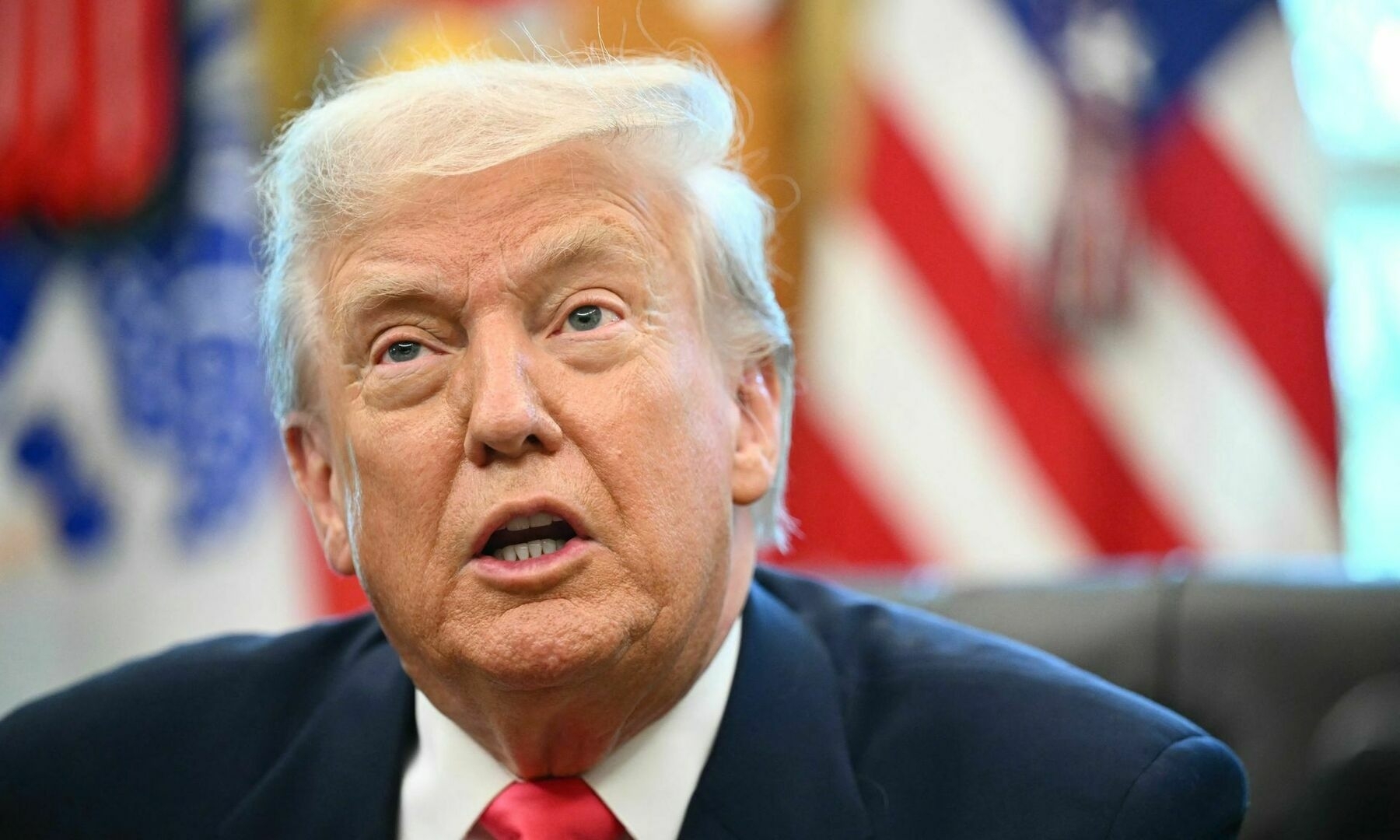
-
Trump doesn't have enough leverage to stop Russia, Ukrainian soldiers say ahead of Alaska talks
Editor’s Note: Some of the service members interviewed for this story are introduced by callsign or first name only due to security reasons.
As U.S. President Donald Trump and his Russian counterpart Vladimir Putin prepare for talks on ending the war in Ukraine, Ukrainian soldiers remain skeptical
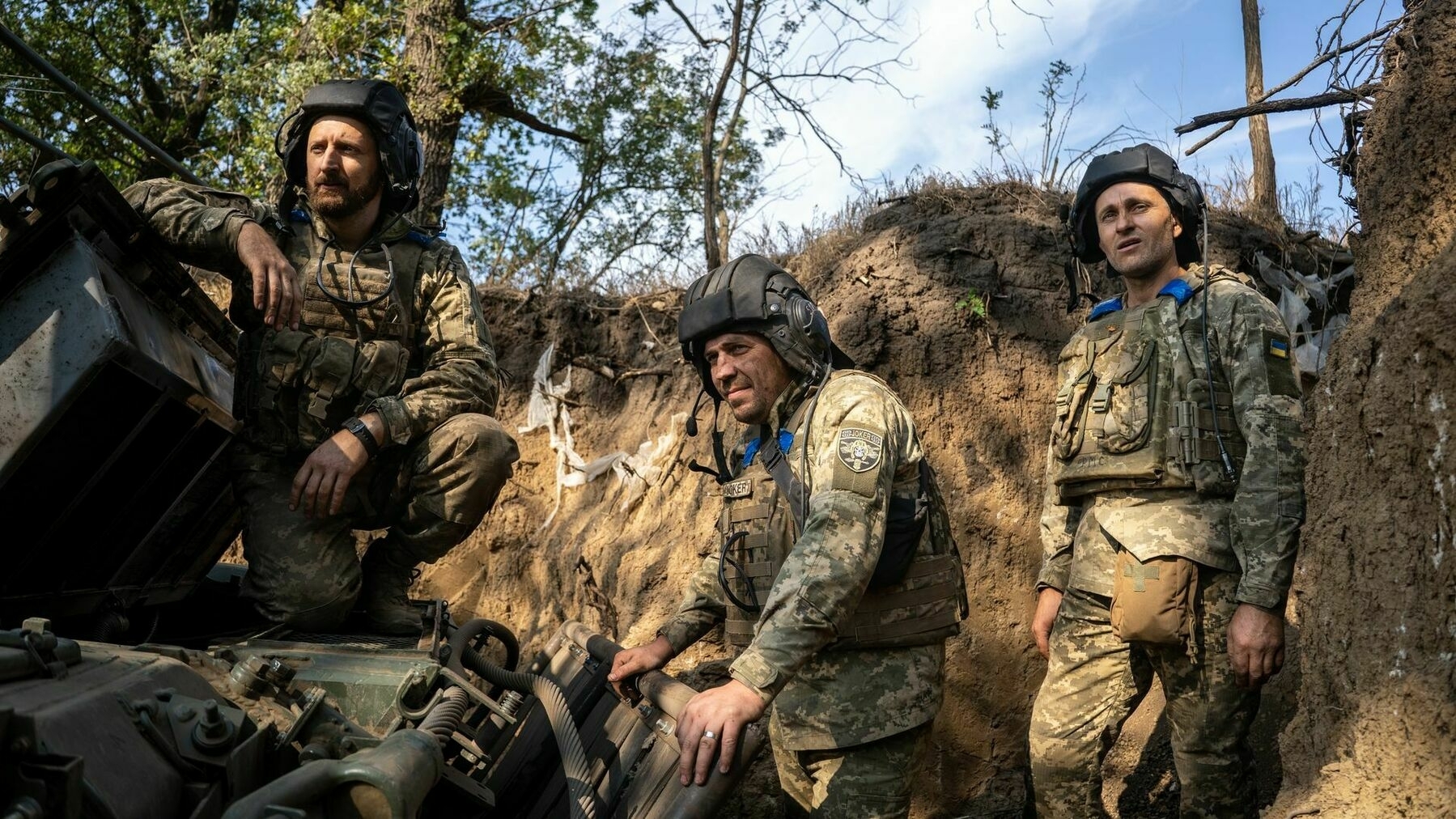
-
Can Trump offer Ukraine's minerals to Putin? Not without unraveling the global legal order, experts warn
President Donald Trump is reportedly considering offering Moscow access to Ukraine’s natural minerals in the Russian-occupied territories, a move Ukrainians say would be illegal and damaging to Washington’s reputation.
The news comes as Trump is set to meet Russian President Vladimir Putin in Alaska on Aug.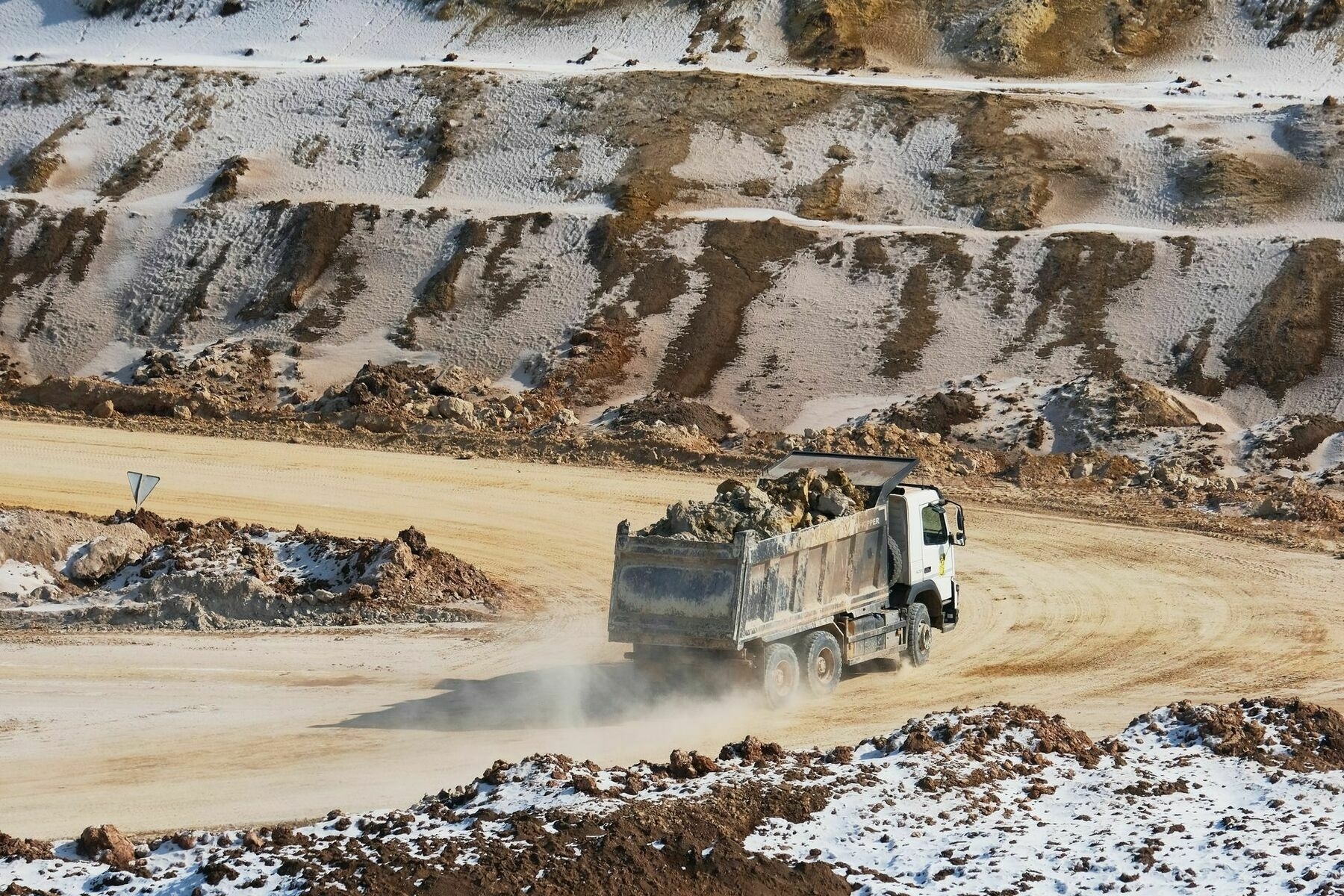
-
Trump says Putin ready to make a peace deal with Ukraine
-
Putin to present Trump with 'historical materials' framing Ukraine as artificial state, Kyiv claims
-
Trump prefers talks over new Russia sanctions but has 'many measures' ready, White House says
-
India shifts oil purchases away from Russia before Trump-Putin Alaska meeting, Bloomberg reports
-
Beyond Ukraine, Putin wants Poland on the agenda in talks with Trump, Tusk says
Russian President Vladimir Putin plans to broaden the scope of upcoming talks with the U.S. beyond the war in Ukraine, Poland’s Prime Minister Donald Tusk said.
Tusk told reporters that Moscow intends to raise the reduction of NATO troop presence in Europe, including in Poland, during planned U.S.-Russia talks in Alaska. He said European leaders have coordinated a common position ahead of the meeting between Donald Trump and Vladimir Putin, reports Ukrinform.
Tusk said the West will not allow the Kremlin to dictate borders to neighboring states or win recognition of its occupation of Ukrainian territory. He stressed that international law has been blatantly violated and that any concessions to an aggressor would set a dangerous precedent.
The Polish leader added that the principle of “nothing about Ukraine without Ukraine” extends to the whole of Europe. He warned that Russia is trying to put broader regional security issues—not only Ukraine but also countries like Poland—on the negotiating table, a move that could result in fewer NATO forces and greater Russian influence in Eastern Europe.
Tusk urged Europe to maintain solidarity and act in lockstep with the United States on Russia. He noted that allies had expected new U.S. sanctions against Moscow after August 8, but instead a date for the Alaska meeting was announced.
“We would all like this meeting to exert the same pressure on Russia as sanctions,” Tusk said.
-
Russia may be preparing to test nuclear-powered missile ahead of Trump talks, Reuters reports
-
July saw highest civilian casualties in Ukraine since 2022, UN says ahead of Trump-Putin summit
-
Lavrov to accompany Putin for talks with Trump in Alaska
Russian Foreign Minister Sergey Lavrov will accompany President Vladimir Putin to Alaska for a meeting with U.S. President Donald Trump, Alexey Fadeev, deputy director of the Information and Press Department at Russia’s Foreign Ministry, said at a press briefing.
“We believe this meeting should allow the leaders to focus on discussing all issues, from the Ukraine crisis to obstacles to the normal functioning of the bilateral dialogue, which is of critical importance for ensuring international peace and stability,” Fadeev said.
He confirmed Lavrov’s participation but declined to discuss the summit agenda, directing questions to the Kremlin press office.
Lavrov’s involvement suggests his U.S. counterpart, Secretary of State Marco Rubio, could also take part. It’s not yet clear who else will attend. U.S. Defense Secretary Pete Hegseth said recently he “may” also participate.
Analysts have warned that Putin may try to mislead Trump again: Ukraine and European leaders are understandably concerned the U.S. president could fall into a trap when he meets with the Russian dictator, despite the meeting being arranged hastily.
At the same time, media reported that White House officials do not expect a “breakthrough” from the talks and view the summit as a step toward a peaceful resolution of Russia’s war against Ukraine.
-
Russia unveils delegation, schedule for Putin-Trump Alaska meeting
-
Zelensky to reportedly meet Starmer in UK after call with Trump
-
US ready to provide Ukraine security guarantees, but opposes NATO membership, Macron says
-
Trump may offer Putin minerals access in exchange for peace, Telegraph reports
-
As Putin, Trump debate Ukraine's future borders, Donetsk Oblast residents are split on what they would accept to end the war
KRAMATORSK, Donetsk Oblast — U.S. President Donald Trump began to actively push Ukraine to accept losing its land and people to Russia, following years of brutal, all-out war.
People in Kramatorsk, the largest Ukrainian-held city in Donetsk Oblast — a region that Russia wants and Trump is thinking of
